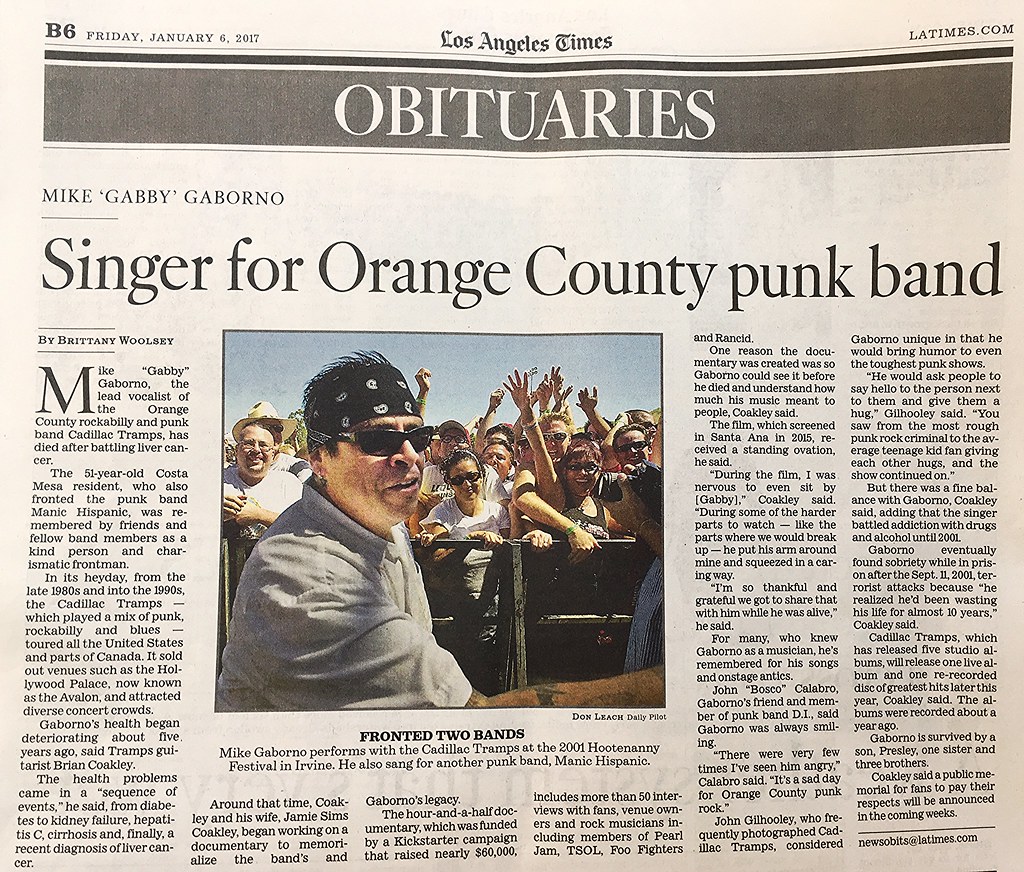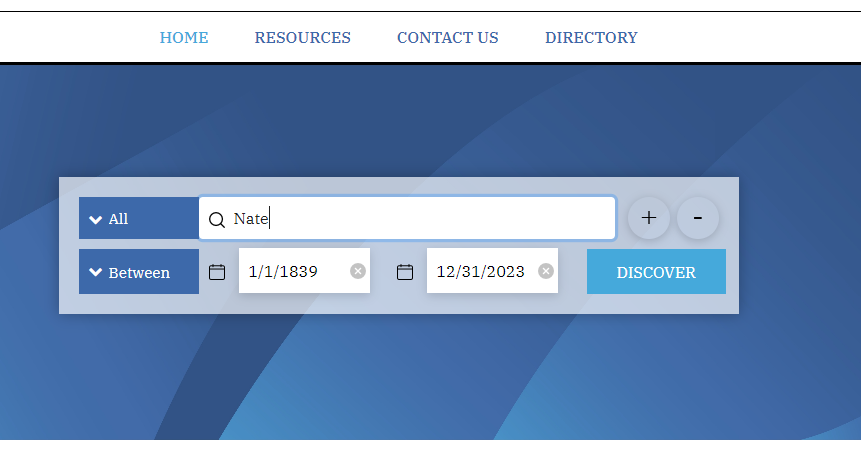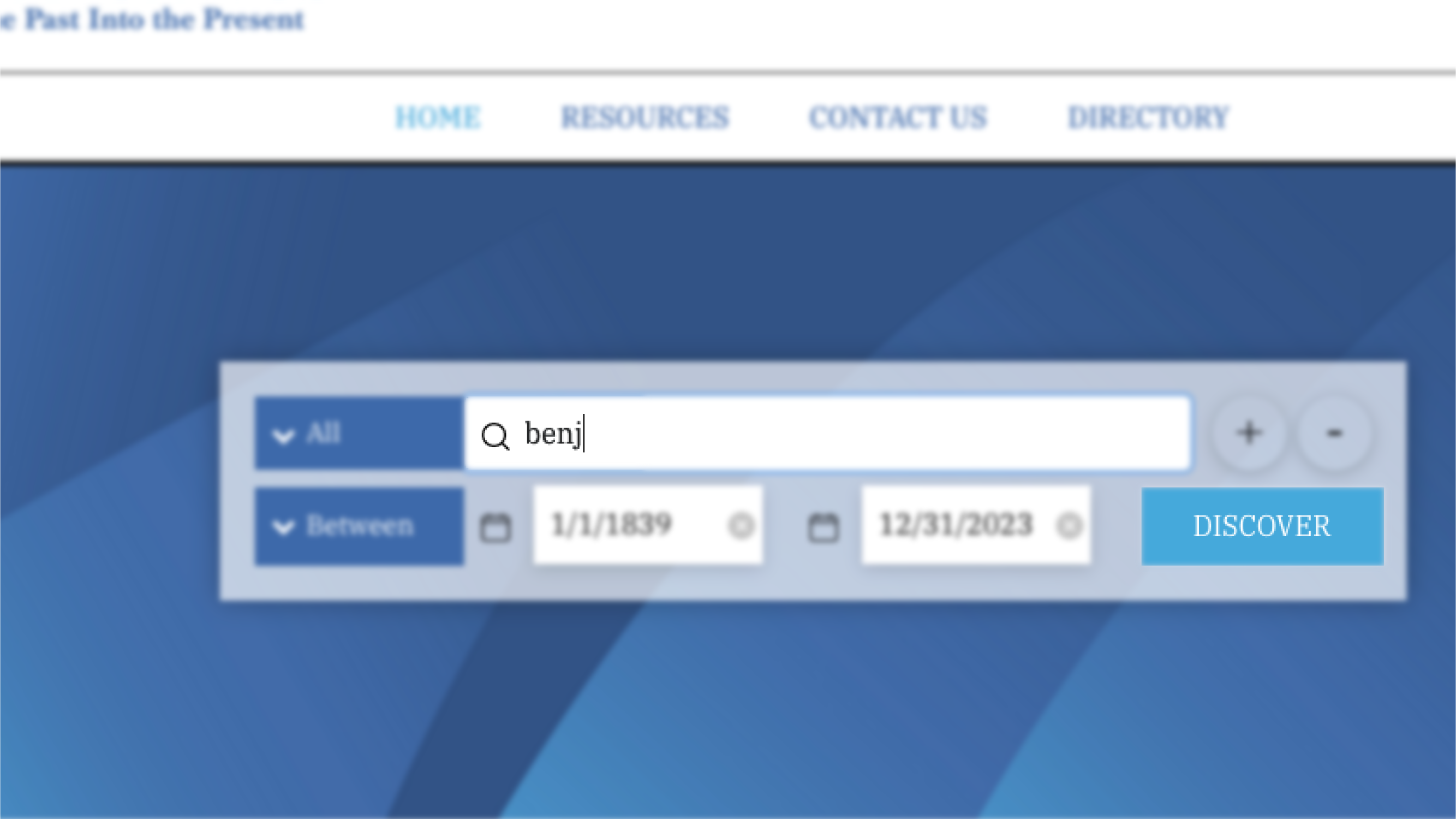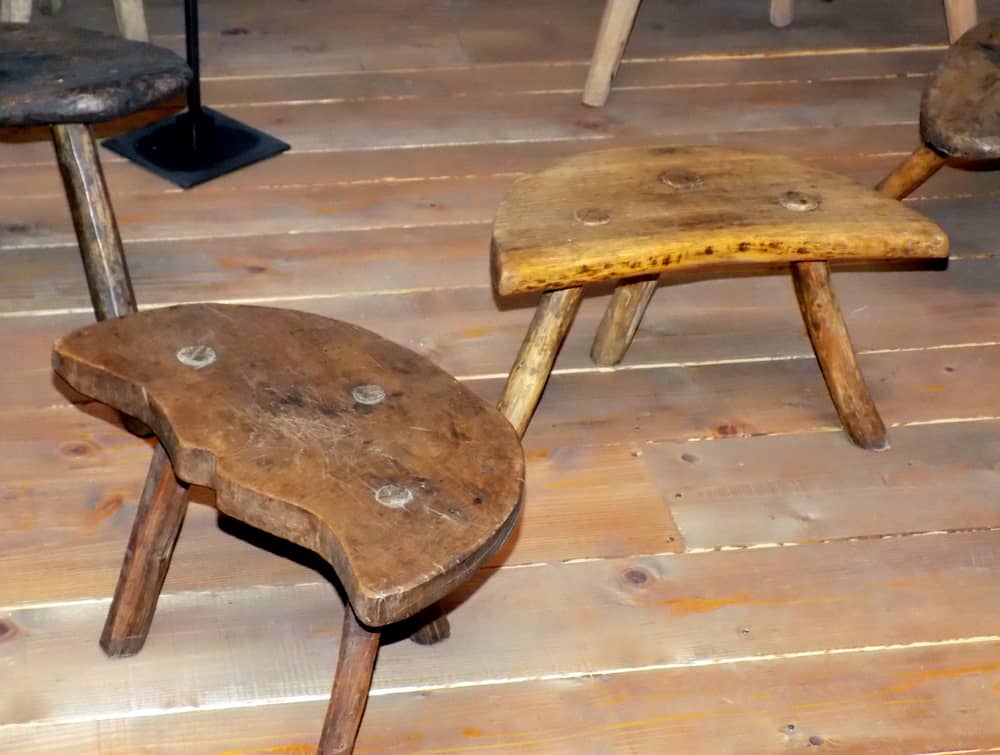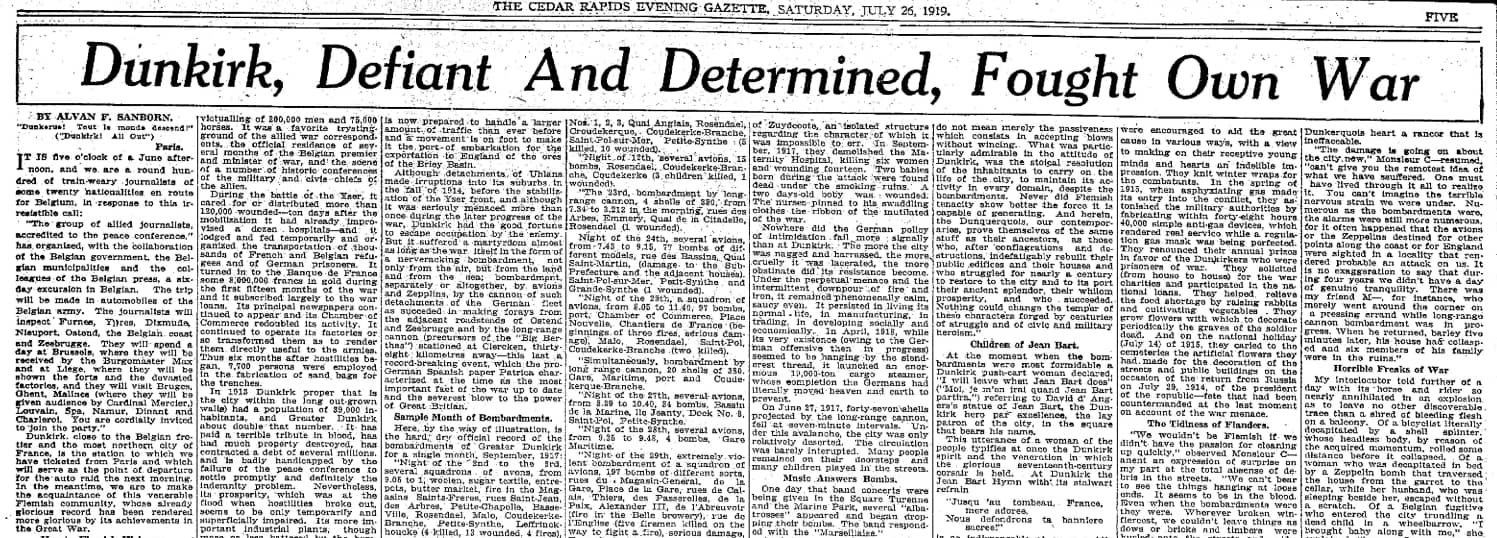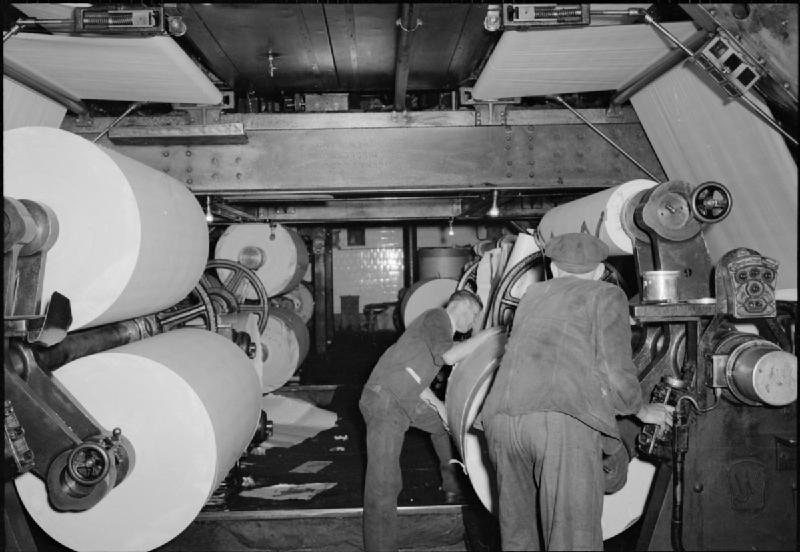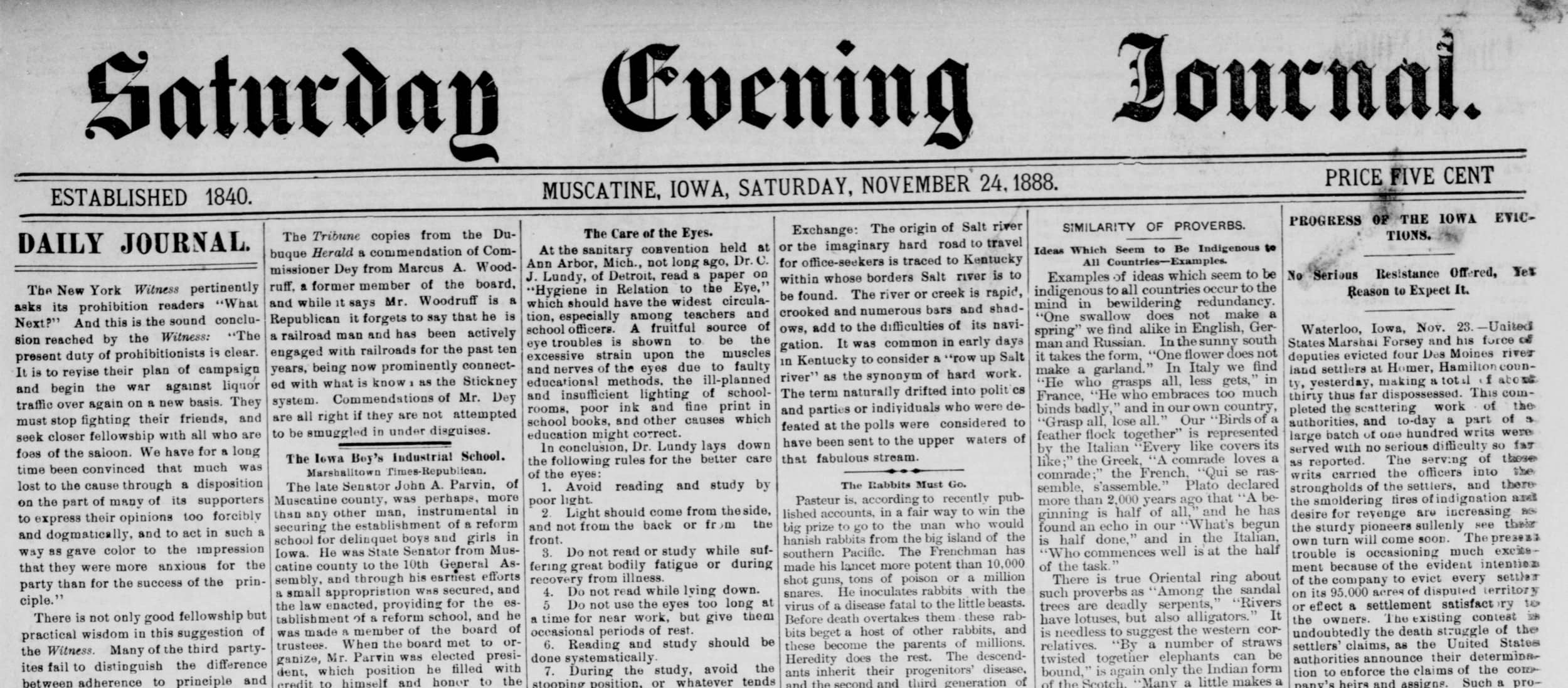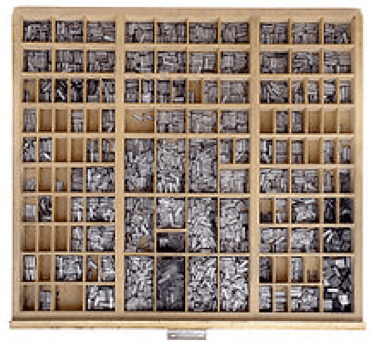In the quest to trace our roots and understand our heritage, obituaries often serve as a crucial starting point. Obituaries are undoubtedly a rich source of information for genealogists. They often provide vital details about the deceased, including their full name, date of birth, date of death, and often, the names of their relatives. However, […]
Guest Blog Series: Use Nicknames in Newspaper Research
In many genealogically related documents (especially newspapers and census records), nicknames were frequently used, as those names were more often used than the “formal” given name of the person. Your search index database is not smart enough, for example, to interpret ‘Sadie” for the formal given name of “Sarah”. Thus, you will need to use both names separately in […]
Guest Blog Series: Find Better Genealogy Results With Abbreviations
Kenneth R. Marks is the founder of The Ancestor Hunt, a comprehensive resource dedicated to assisting individuals in the exploration and discovery of their ancestry and family history. With a passion for genealogy that shines through his meticulous work, Marks has transformed The Ancestor Hunt into a cornerstone for amateur and experienced genealogists. We are […]
Preserving Memories and Enhancing Research: The Importance of Digitizing School Newspapers
At Advantage Archives, we understand the profound value of community history. School newspapers, often an overlooked treasure, form a significant part of this rich tapestry. As we move further into the digital age, the need to preserve these documents becomes increasingly crucial. Here’s why digitizing your school newspapers not only safeguards your community’s history but […]
Engaging Communities Through Online Archives of Historical Newspapers
Historical newspapers are essential to our cultural heritage, encapsulating the social, economic, and political nuances of different time periods. As we advance in the digital age, many newspapers have been digitized and made available to communities for free online via search platforms like the Community History Archives. This transformation provides a window to our past […]
Planning To Digitize? Use A “3 Legged Stool”
Planning To Digitize? Use A “3 Legged Stool” When evaluating how to approach making your microfilm or other historical printed content available digitally, plan for the best balance of quality and quantity that allows you to maximize the available funds, We all know that preserving our cultural heritage often falls to local communities and groups, […]
Historical Newspaper Research
There is a lot to learn from old newspapers if you know what you are looking for. Before the advent of the Internet, it was newspapers that were relied on most for information. Now, many old newspapers have been digitized and made available online as a resource for historians, genealogists and writers among others. With […]
Making Old Newspapers Searchable: Microfilm & OCR
The Paper Problem: With the newfound ability to assemble content and produce pages quickly and efficiently, existing papers increased their circulation numbers substantially. The demand for the paper on which to print the news inevitably grew as well. This created a need to use a less expensive paper stock to match the increased production rates. […]
Making Old Newspapers Searchable: The Next Era
Despite achieving the means to print in mass quantities, the publishing industry’s productivity was largely constrained by the need to set type by hand. By 1880, the Linotype Printing machine was invented. The machine used a keyboard, which allowed an entire line of type to be laid at once. The requisite time and effort to […]
Making Old Newspapers Searchable: The History of Printing
Until the first part of the 19th century, the composition and typesetting were accomplished by painstakingly placing each individual letter into a “galley” by hand. The galleys were then placed into a “chase” that was the size of the final page. Since each letter was placed individually, there was no method for standardization or uniformity.If […]
